Addressing Vaccine Confidence During COVID-19 Pandemic
As the world grapples with an ongoing global pandemic and awaits an effective vaccine, many health care professionals are worried about vaccine hesitancy or skepticism. An international research team conducted a large-scale retrospective analysis of surveys about vaccine confidence across Europe and Asia.
The study, published in The Lancet, included 290 surveys completed by over 284,000 individuals between September 2015 and December 2019 across 149 countries.
Overall, confidence in vaccine importance and safety was heterogenous across the included countries.
Between late 2015 and late 2019, confidence in vaccines fell in Afghanistan, Indonesia, Pakistan, the Philippines, and South Korea. Between 2018 and 2019, confidence has improved in some EU member states, including Finland, France, Ireland, and Italy, with recent losses detected in Poland.
In the US, vaccine confidence is generally high, according to William Schaffner, MD and professor of preventive medicine and infectious diseases at Vanderbilt University Medical Center.
“In the United States, we’re fortunate. There's general confidence in vaccines. But of course, over the last 20 years, vaccine skepticism or hesitancy has grown and we have, in addition to that, a small vocal, highly organized, determined and well-funded anti-vaccine group," Schaffner said. "They're very small, but they are not uniformly distributed across the country. They tend to be congregated in certain parts of the country, certain communities. Such that, in those communities, vaccine acceptance rates among children are really sometimes strikingly low. So, we have these pockets of susceptibles that sometimes have led to outbreaks of disease. Most recently, measles in, for example, a very conservative Jewish community outside of New York City.”
“The appreciation for the value of the vaccine has diminished over time, because simply our young people don't know anything about these illnesses," Schaffner added. "They are not taught in the schools. School curricula that we have looked at — I have not done a formal survey — but vaccines are taught in a very haphazard kind of way, not in a sustained way, and certainly the diseases of yesteryear, polio, diphtheria, measles, tetanus, etc. They're barely touched on, so young people when a few years later they become parents, not surprisingly, are not very schooled, literally, in these illnesses. And so, when the pediatrician says to them, and now your lovely new baby is going to get four vaccines at this visit. The mom says, ahh, what? Why is that? And so, they have to be educated. We're in a new era where there's a fair amount of interest in information about vaccine, but it's also related to vaccine hesitancy.”
During the COVID-19 pandemic, more people are learning about vaccines and their clinical trials and approval processes. However, clinicians still face large obstacles trying to educate their patients about vaccine safety.
“You see, that's a double-edged sword. We're educating people about clinical trials," Schaffner said. "At the same time, there's been so much hullabaloo politically, particularly among politicians about how rapidly we're moving, and even the name Operation Warp Speed, which was designed, I think, with half a brain. Oh, we're going to impress people with how quickly we're moving, Yeah, but the other half of people's brain said if they're moving that fast, they're cutting corners. And so, it has evoked skepticism about this vaccine, and the surveys would indicate that that degree of skepticism is actually increasing, not diminishing. That's because it's being talked about in political terms rather than public health terms. Obviously, if people who are politicians, particularly in this election season, are talking about the vaccine, people are going to suspect it.”
Leading health organizations and doctors play a huge role in educating parents and patients about vaccine safety. During the ongoing COVID-19 pandemic, their role will continue to be essential, according to Dr. Schaffner.
“Doctors are really teachers, and so doctors to their various capacities and within time constraints are being vaccine teachers," Schaffner said. "I think the pediatricians who are professional vaccinators, and the family doctors of course also, are doing most of that education. They're educating the moms and dads about why it's important to give these vaccines to children. And that's very, very important. I think my internist colleagues could do more. They need more help in doing that, because vaccination of adults is becoming more important all the time. Hello COVID. We're going to be starting to vaccinate adults, not children, and so that brings that lesson home directly to those of us who care for adults.”
As flu season approaches, health care professionals are urging patients to get an influenza vaccine, which is important this year to avoid over exertion of emergency departments and health care systems that are dealing with COVID-19.
“This year in particular, any number of organizations — including another one I'm part of, the National Foundation for Infectious Diseases — we're all out there promoting influenza vaccine even more intensely than usual because this winter we anticipate a 'twin-demic.' That is an epidemic of flu along with the continuing and perhaps enhanced epidemic of COVID," Schaffner said. "For reasons of personal protection, it's so important to get vaccinated, but also to help take some of the strain off the health care system. Because having a double load of people with serious illnesses as a consequence of these respiratory viruses coming to emergency department in hospitals is really going in many parts of the country to put a serious strain on the health care system.”

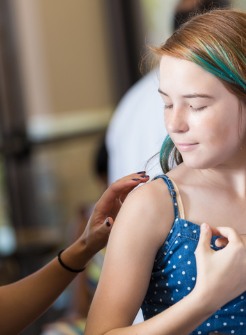

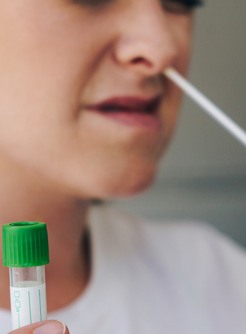
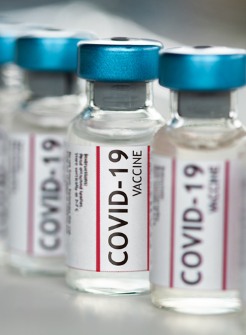

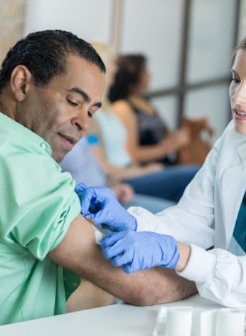
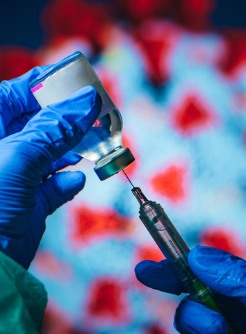
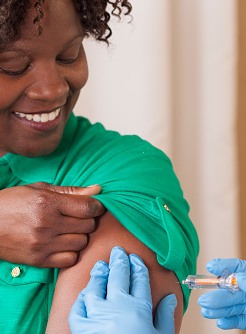
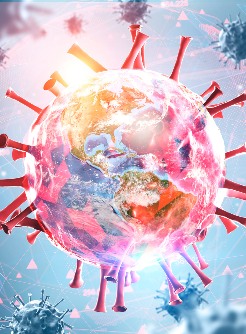
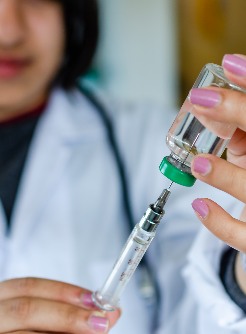


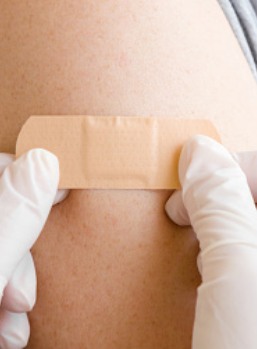







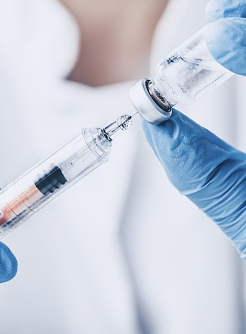

.jpg)
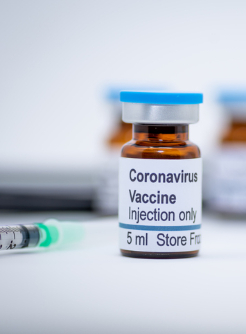



.jpg)
.jpg)
.jpg)